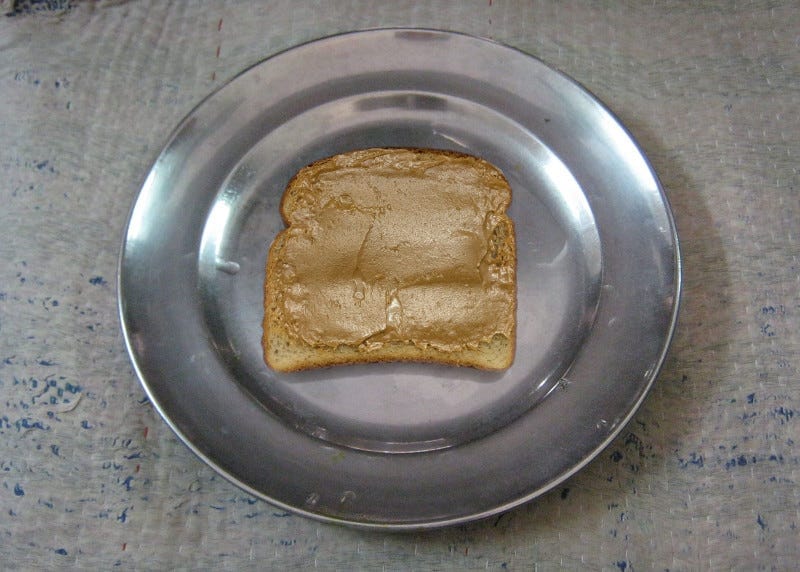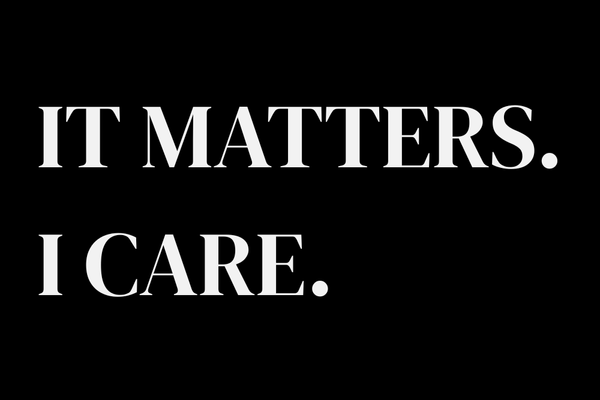Sam Bankman-Fried's jail conditions offer a glimpse at systemic failure
The fallen crypto billionaire's pleas for proper meals and medical care are an unlikely illustration of America's broken jail system.

Sam Bankman-Fried, a vegan, has been subsisting on a diet of bread and water, with the occasional smear of peanut butter. His prescribed medications for major depressive disorder and ADHD are running low, and prison officials have been hesitant to replenish his supply. He's not allowed to have a laptop in his cell, and in the periods he's allowed to meet with his attorneys to review documents for his defense, Internet access is slow and spotty, and the battery on the laptop runs out within a few hours. Hard drives of evidence sent from his attorneys for him to review in the jail's offline computer room have been slow to arrive.
Bankman-Fried's attorneys first asked a judge to intervene to force prison officials to be more attentive to his dietary and medical needs, and are now seeking to have him released and returned to house arrest where he would once again have 24/7 access to his legal team, a computer, and a high-speed Internet connection in order to prepare a defense for the complex and document-intensive trial looming in October.
These requests to the judge are public, and have been met with a mix of schadenfreude and mockery by unsympathetic onlookers who overwhelmingly believe Bankman-Fried to be guilty of the fraud outlined in the criminal indictment against him, some of whom personally lost money thanks to the FTX collapse. This is the bed he made, they say, so let him lie in it.
Leaving the question of guilt up to the jury, there is still some truth to the perception that the only person Bankman-Fried has to blame for his current predicament is himself. From December until mid August, Bankman-Fried lived in relative comfort under house arrest at his parents' Palo Alto home. At first, his Internet access wasn't curtailed, and he blogged, tweeted, and played video games in his downtime. Within weeks, however, Bankman-Fried had begun to push the boundaries of his conditions of release, and as a result of two separate incidents, found himself repeatedly in front of a judge who starkly warned him about the possibility of remand as his release conditions were tightened. It wasn't until the third incident, when the judge determined that there was probable cause that Bankman-Fried had attempted to tamper with witnesses at least twice, that he was sent back to jail. His lack of computer access is, largely, a problem of his own making.
Furthermore, some of his recent complaints that he is being denied the time and technology he needs to adequately prepare for trial, while also being inundated with discovery documents by prosecutors, also ring a little hollow. He's already being allowed accommodations far beyond those typically granted to pretrial detainees, including daily access to a dedicated offline laptop, and twice-weekly meetings with his defense where he is provided with an Internet-connected laptop. His attorneys have complained that the battery life on the laptop is insufficient; the judge pointed out that his defense could bring a spare battery. His attorneys complained of a deluge of late discovery documents that can't possibly be adequately reviewed before trial; the judge described these characterizations as "seriously exaggerated", and when he asked the defense team if they would like to ask for the trial to be delayed to grant them more time to prepare, they declined.
However, the letters to the judge filed by Bankman-Fried's legal team are also bringing light to a sliver of the types of poor jail conditions that routinely affect incarcerated people in the United States, many of whom lack the resources to challenge them. Even for those who have been convicted and are serving out their punishment, that punishment is not supposed to include the denial of reasonable dietary requests or medical attention — yet it regularly does in America's prison system. And although Bankman-Fried's complaints about his preparation may or may not be well-founded, particularly as he enjoys a battalion of attorneys and other legal support who are working around the clock on his defense, prisons and the American justice system more broadly do routinely impede on prisoners' rights to adequately prepare for trial.
It can be challenging to summon too much sympathy for Bankman-Fried, who as a white, wealthy, well-connected man accused of white-collar crimes, has already enjoyed far more privileges than the justice system typically grants. He was released on bond rather than detained pre-trial, and his early misbehavior while released first resulted only in carefully-crafted bond restrictions that aimed to keep him out of trouble without cutting off his access to Netflix or Doordash. He's a far cry from the hundreds of thousands of people unnecessarily detained, sometimes for years, as they await their turn in court. He can afford top-notch legal defense, unlike the majority of people accused of crimes, who make up only one casefile among far too many on the desk of an underpaid public defender. He's not among the prisoners currently struggling for their lives in sweltering jails in the southern United States amid dangerous heat waves.
Bankman-Fried's peanut butter sandwiches and short supply of Adderall are far from the most heartwrenching examples of how prisons are failing to meet the most basic needs of incarcerated people in this country, but they are examples nonetheless. The American prison system desperately needs radical transformation — abolition, even — and to relish even an unlikeable person's relatively inconsequential suffering under that system is to miss the more important issue underneath.
Images: Famartin (CC BY-SA 4.0) and Rezowan (CC BY-SA 3.0) via Wikimedia Commons. Modified by Molly White, CC BY-SA 3.0.




